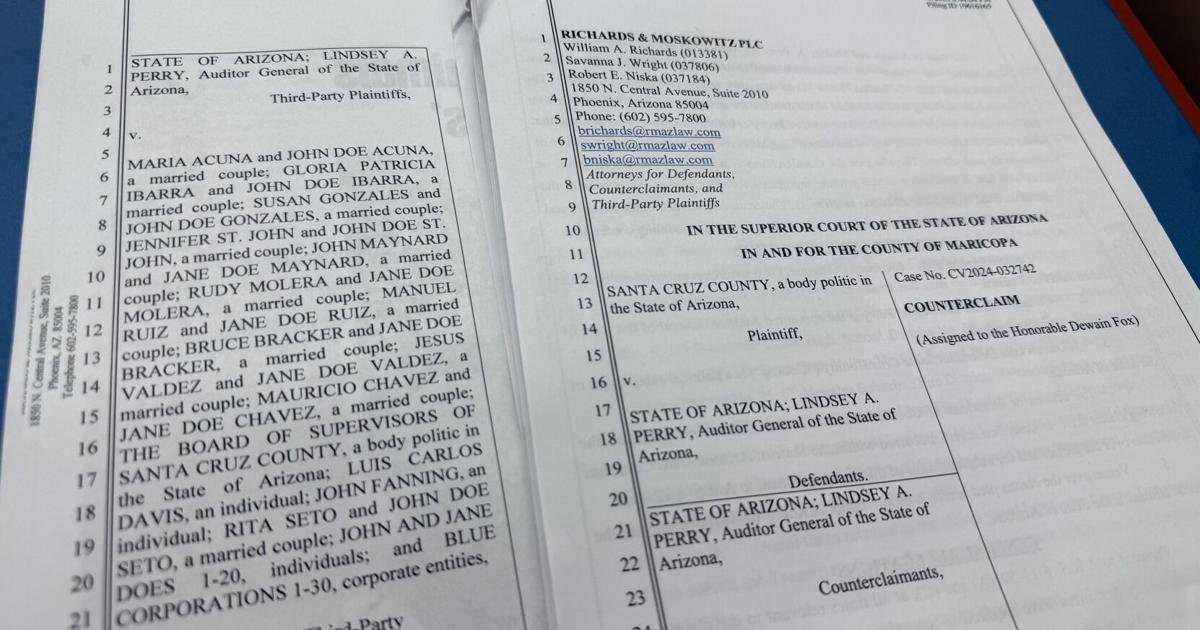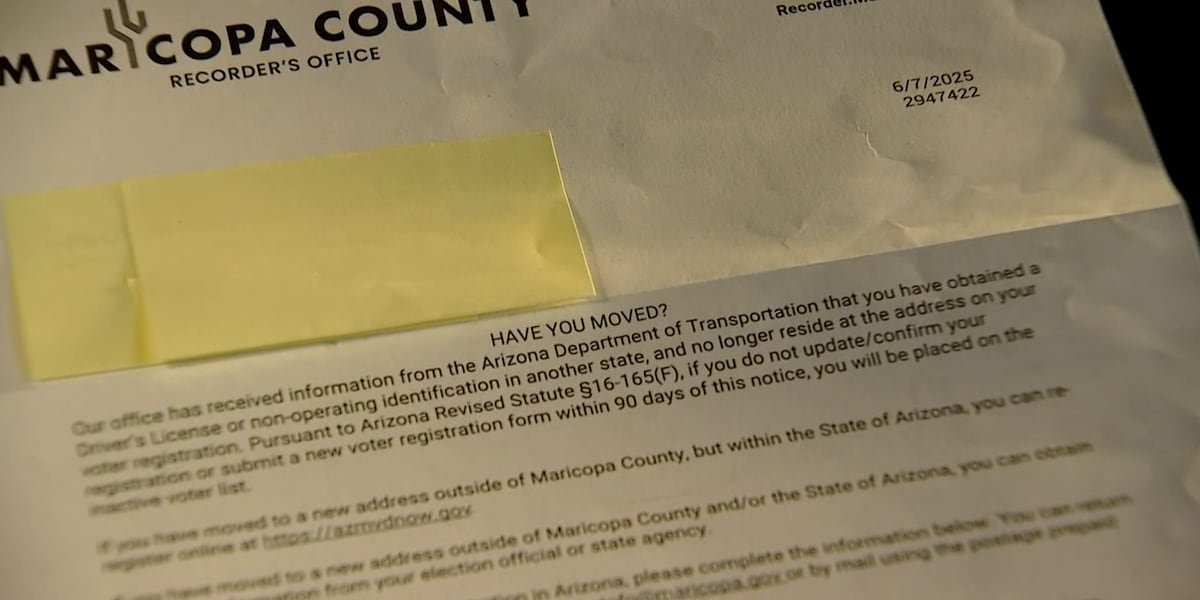Written by Phil Reinhardt, resident of northern Pinal County
A report from the Arizona Department of Water Resources found that all of Pinal County's groundwater is accounted for. However, more than 700 rental units have been approved in Casa Grande that circumvent water laws. Why was this allowed?
This situation is extremely worrying, especially in light of the findings of the ADWR report. It is important for local governments to carefully manage water resources, especially in areas where groundwater availability is limited or already allocated. Approval of new housing developments, especially those that may circumvent water laws and regulations, can exacerbate existing water scarcity problems.
There are several factors why such development is being allowed despite the concerns raised in the ADWR report.
Decisions regarding land use and development approvals are made at the local government level. Local governments may approve these developments for a variety of reasons, including economic incentives, pressure from developers, and perceived benefits to the community. Developers sometimes exploit loopholes and exemptions in the law to obtain approval for projects that should be restricted by water laws. These loopholes arise due to inconsistencies and gaps in existing regulations. Even if water laws exist, enforcement mechanisms are absent or ineffective. This allows developers to move forward with projects that are not fully compliant with regulations. Political factors also play a role in enabling this development to proceed. This includes lobbying by developers and influential individuals who will benefit from the project. There may be a perception within the community and among decision makers that the economic benefits of new housing development outweigh the potential risks and concerns associated with water use. This leads to prioritizing short-term profits over long-term sustainability.
Addressing these issues requires stronger regulation, strengthened enforcement mechanisms, transparent decision-making processes, and community involvement to ensure water resources are managed responsibly and sustainably. Must be combined. That could include reviewing zoning laws, encouraging water-efficient development practices, and investing in water-saving measures.
I live in northern Pinal County and my well has dried up because of this unethical practice.
















